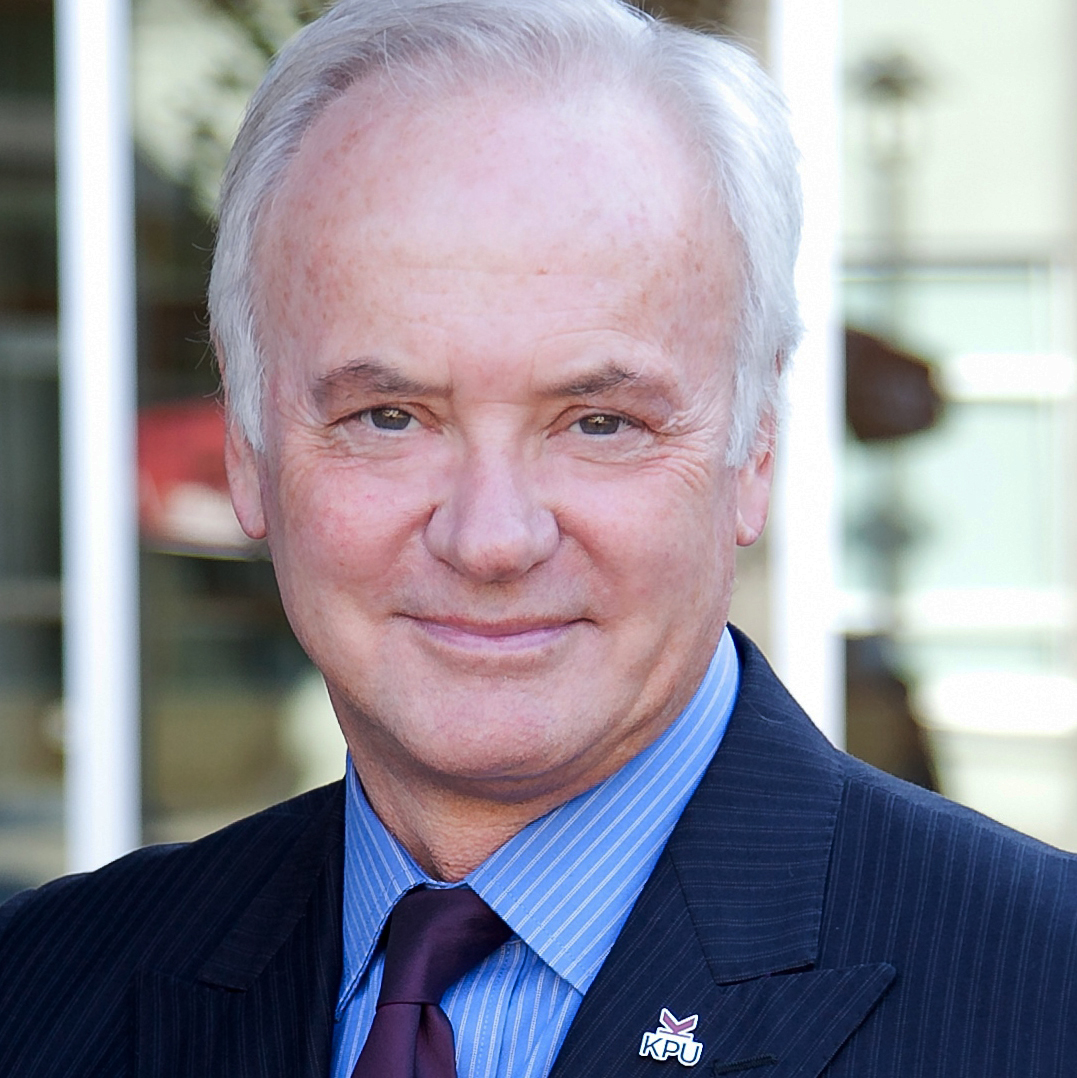The transition from education to workplace and beyond used to be relatively straightforward: high school, post-secondary, job market, promotions, management, retirement. In today’s environment, with new complexities related to technology, shifting global markets, a desire for work-life balance and the speed of change, skills require constant reinvention.
Now more than ever before, the business community is demanding people with the right skills and competencies at the right time. The bar has been raised and the stakes are high.
New graduates are expected to enter the labour market resilient and ready to lead disruption, with a firm grasp on both technical and employability skills. There is a new appetite for on-demand upskilling that responds to emerging requirements throughout one’s career.
Just as employers must be agile and responsive to changing market realities, it is critical that the educational institutions that supply them with talent do the same.
Today, both students and the business community demand relevance and engagement from educators. It is no longer enough to teach about climate change or Indigenous reconciliation. Educational institutions must live those values and embed related skills development across programs as well as throughout the entire institution. This is something polytechnic institutions do exceptionally well.
When we were developing Kwantlen Polytechnic University’s Vision 2023 strategic plan, we identified four real-world challenges to underpin our mission: the digital transformation of work and society, the demand for action on matters of social justice, environmental impacts such as global climate change and the decolonization of institutions to enable the full inclusion of Indigenous peoples.
Based on these challenges, we established 12 goals that have guided KPU since the plan was approved in 2018.
Despite the COVID-19 pandemic, these goals remain relevant. Yet, we’ve kept improving and evolving. COVID-19 prompted a move to open, online and blended learning methodologies that have catapulted KPU into a truly multi-campus, multi-modal institution. Today, we are engaging with the businesses and communities we serve in hundreds of innovative ways.
This reflects the values I see in action across Canada’s polytechnic institutions. The entire network is focused on developing a range of programs, services and research that ensures graduates are ready with the skills for success in their careers, are fully engaged as citizens and are ready for constant change. Today’s institutions have a laser focus on agility and responsiveness, along with a bias for vigilance about what lies ahead.
Addressing real-world challenges requires collaboration across disciplines and demonstrated leadership in all we do. Students demand opportunities to make a real difference and are constantly pushing us ahead, always challenging us to do better.
Climate change is a case in point. At KPU’s Melville School of Business, our graduate diploma in Green Business Management and Sustainability infuses green skills development in the curriculum. The study of global climate change can now be found across all faculties, including Design, Arts, English Language Training, and in Science, Horticulture and Agriculture.
But this approach to education must go beyond the classroom. Polytechnic applied research connects students and faculty to the industry partners who come to us to solve their challenges, build their prototypes, streamline their systems or develop new ideas for changing market realities.
Applied research is a great way for students to put their education into action to address real-world challenges while developing an employer network. This is how we help build an innovation-ready talent pool.
We also lean heavily on employers for a wide range of work-integrated learning opportunities. Clinical placements, co-op terms and internships are just some of the ways learners are asked to apply what they’ve learned to the work environment. This ensures graduates are ready for the realities of today’s workplaces and are confident in the skills they’ve developed.
I am optimistic about Canada’s post-pandemic future. While skills in demand are ever-changing and filling gaps is increasingly urgent, a polytechnic education—future-focused and intent on building resilient citizens—is up to the task.
